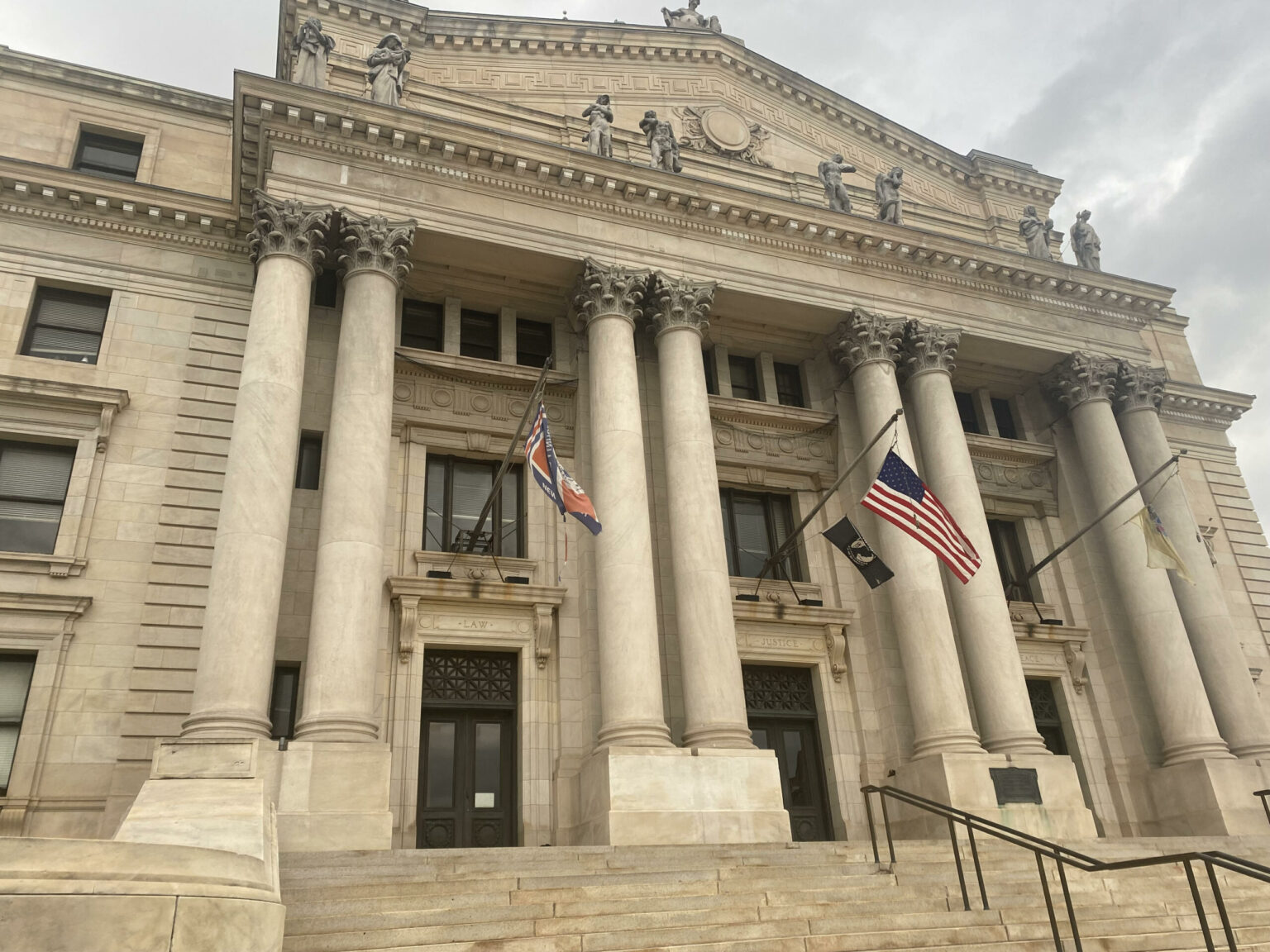Trenton, NJ – The Supreme Court of New Jersey has issued a major ruling that reshapes the limits of police authority when it comes to searching vehicles without a warrant. In the case of State v. Shawn M. Fenimore (A-18-24/089786), decided on July 30, 2025, the Court held that law enforcement’s warrantless search of a parked car violated protections under the New Jersey State Constitution.
The ruling reaffirms New Jersey’s unique stance on privacy rights and further distinguishes the state’s constitutional safeguards from those at the federal level. For residents, drivers, and law enforcement alike, the decision marks an important development in how the courts balance public safety with individual liberties.
Explore more Law & Order news from New Jersey here.
The Case at a Glance
The case centered on a vehicle parked in a State parking lot. Law enforcement officers conducted a search of the car without obtaining a warrant, relying on what is commonly known as the “automobile exception”—a legal principle that allows warrantless searches of vehicles under certain circumstances, such as when there is probable cause to believe a crime has been committed.
However, the New Jersey Supreme Court determined that the state’s version of this exception is narrower than the federal rule. Specifically, the Court found that the search of Fenimore’s car did not fall within the limited circumstances where a warrantless vehicle search is permissible under New Jersey law.
As a result, evidence obtained during the search was deemed inadmissible.
Why This Ruling Matters
The decision is significant because it underscores the fact that New Jersey’s Constitution often provides stronger privacy protections than the federal Constitution. While federal courts have traditionally allowed broad use of the automobile exception under the Fourth Amendment, New Jersey has taken a more restrictive approach, limiting police authority in order to protect citizens from unreasonable intrusions.
For everyday New Jersey drivers, the ruling reinforces that law enforcement cannot automatically search a parked car without a warrant. For police departments, it creates a clearer boundary: unless certain urgent and legally recognized circumstances exist, a warrant must be obtained.
The Automobile Exception: Federal vs. New Jersey
- Federal Rule: Under U.S. Supreme Court precedent, police may conduct warrantless vehicle searches if they have probable cause, due to the inherent mobility of cars and the reduced expectation of privacy compared to homes.
- New Jersey Rule: The state requires a higher threshold. Unless there are exigent circumstances—such as immediate threats to safety or imminent destruction of evidence—law enforcement officers generally must obtain a warrant before searching a car.
This distinction is part of a broader trend where New Jersey courts have interpreted the state constitution’s search-and-seizure protections more expansively than federal courts.
Implications for Law Enforcement
The Fenimore ruling will likely lead to changes in police training and procedure across the state. Officers will need to carefully evaluate whether circumstances truly justify a warrantless search or whether a warrant must first be obtained.
This shift could also impact ongoing and future cases where evidence was obtained through similar searches. Defense attorneys are expected to scrutinize automobile searches more aggressively, while prosecutors will need to ensure that evidence is collected in compliance with the newly clarified standard.
Broader Context: Privacy in the Garden State
New Jersey has long been recognized as one of the states that places a premium on privacy rights. Past rulings by the New Jersey Supreme Court have established stronger protections in areas such as:
- Cell phone tracking and data access
- Home searches and warrants
- Use of surveillance technology by law enforcement
The Fenimore decision continues this tradition, making clear that New Jersey residents benefit from state-level constitutional protections that exceed the federal baseline.
What Happens Next?
Rev. Shawn M. Fenimore’s case is now a landmark ruling, and legal scholars expect it to be cited in future disputes over vehicle searches. For residents, the ruling provides assurance that constitutional safeguards remain robust in the state—even as technology and law enforcement methods continue to evolve.
✅ Stay informed on the latest rulings, criminal cases, and legal developments across the state: New Jersey Law & Order












